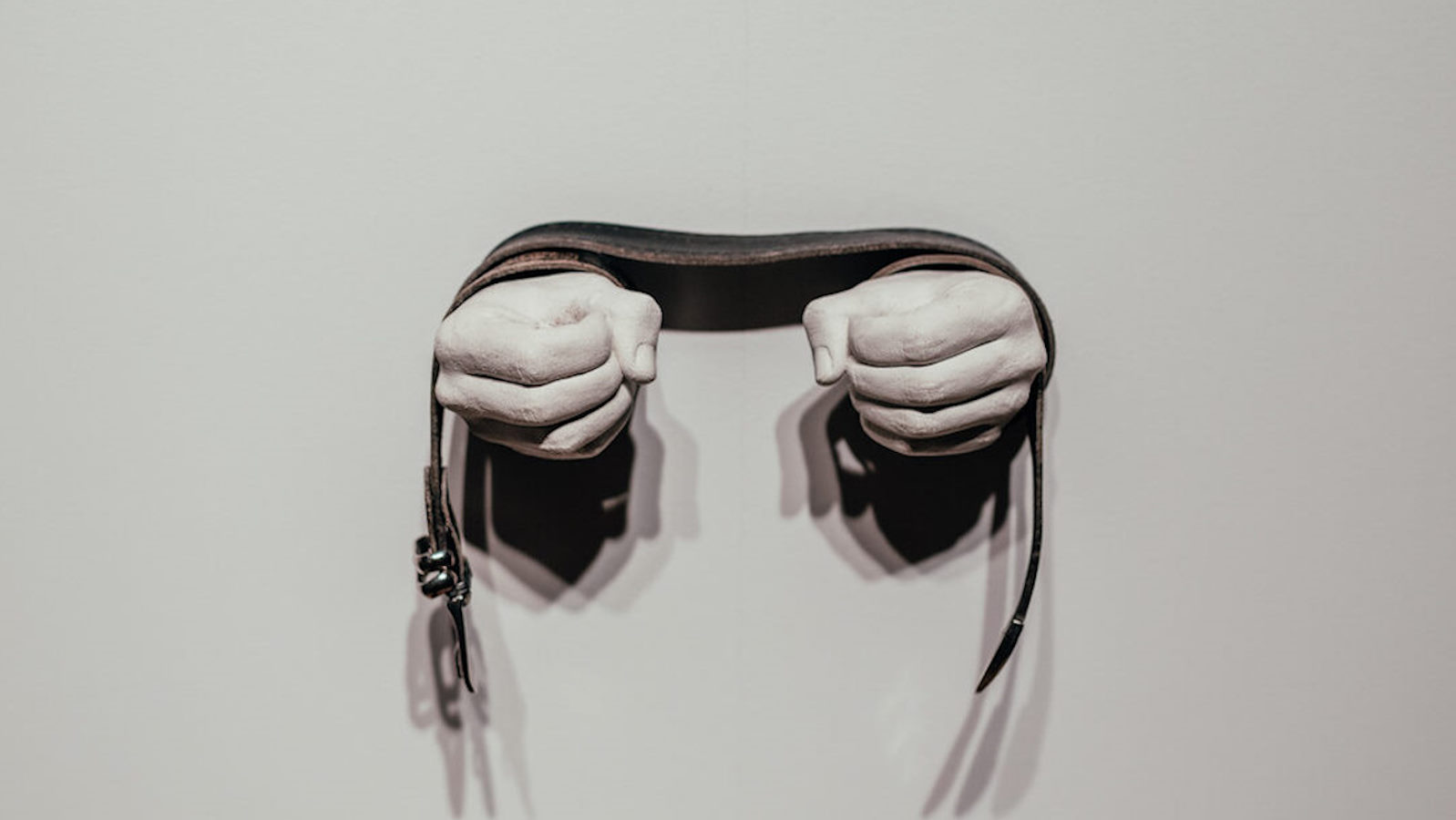Why talk about slavery today?
With Daina Berry, Víctor Barros, Candra Flanagan and Cristina Roldão
Event Slider
Date
- / Cancelled / Sold out
Location
Auditorium 3 Calouste Gulbenkian FoundationThe talks will be in English, with simultaneous translation into Portuguese.
Pricing
- Free admission
Subject to collection of a ticket two hours before the beginning of the event
The transatlantic trade of enslaved people is frequently described as a distant historic event with little to no connections to the contemporary world. Lasting for more than four centuries, the slavery and slave trade conducted by the European empires has left, however, a persistent historic legacy with complex ramifications at various levels which can still be acutely felt.
The Calouste Gulbenkian Foundation and the Slave Wrecks Project are organizing two talks that will comparatively discuss this legacy taking into account the historical specificities of Portugal and the US, and explore more equitable and inclusive ways of approaching this difficult history.
The talks will be moderated by Inês Brandão and Raquel Machaqueiro.
Image: Sabrina Belouaar, Dada (2018). Photo: Pedro Pina
Speakers
-
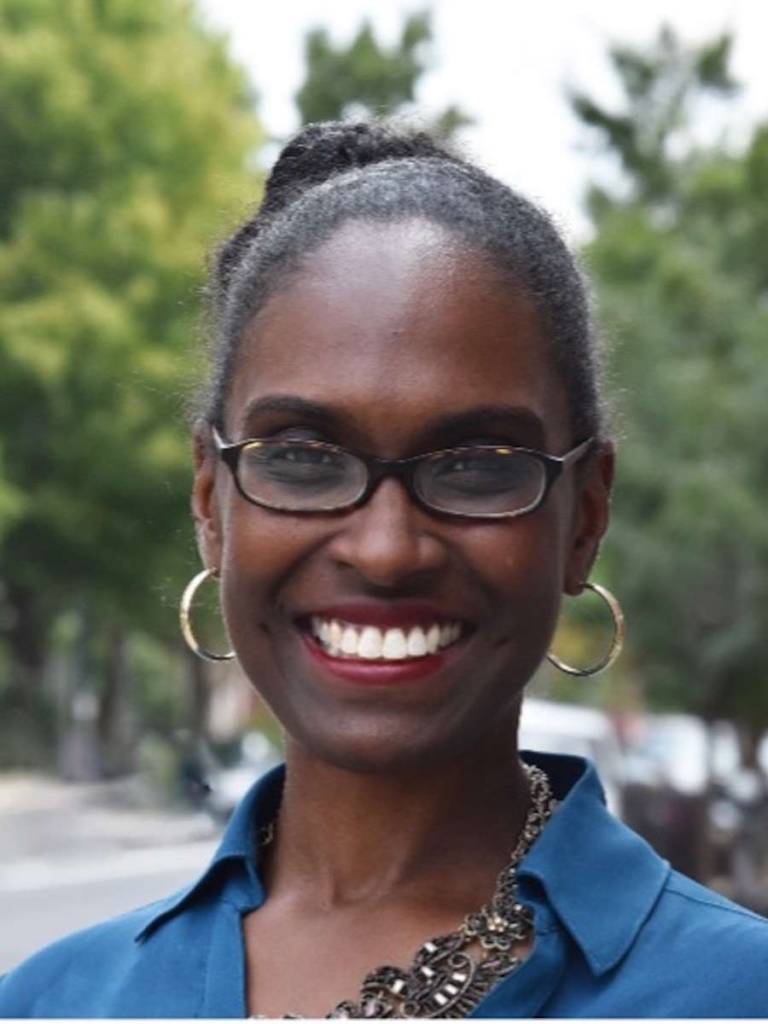
Candra Flanagan
Director of the teaching and learning unit of the Education Department at the Smithsonian National Museum of African American History and Culture in Washington DC. She oversees the development of programming and resources to assist educators in incorporating African American history in their classroom; researches and creates educational publications for use by the general public and educators; and strategises the role of the museum in the professional development of educators. Candra is the author of many articles publishes in specialised magazines and she is dedicated to establishing research-based, audience-appropriate K-12 initiatives for educators and students.
-
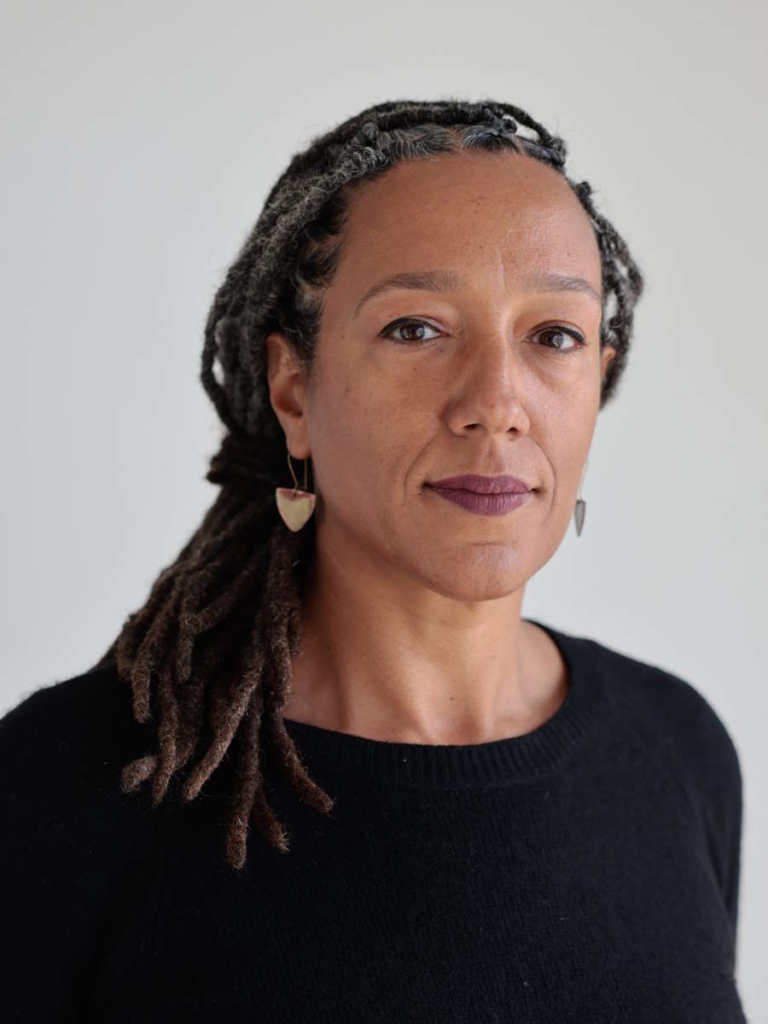
Cristina Roldão
PhD in sociology, researcher at ISCTE-IUL and lecturer at the Setúbal School of Education. She has participated in the public debate on racism in Portuguese schools and society. She was a member of the organising committee of the 7th International Afroeuropeans Conference (2019) and of the coordination of the ESE/IPS Roadmap for Anti-Racist Education. She is a columnist for Público and was part of the Working Groups on the National Plan to Combat Racism and the Collection of Ethnic-Racial Data in the 2021 Census. She is co-author of the book: Tribuna Negra: Origens do Movimento Negro em Portugal (1911-1933).
-
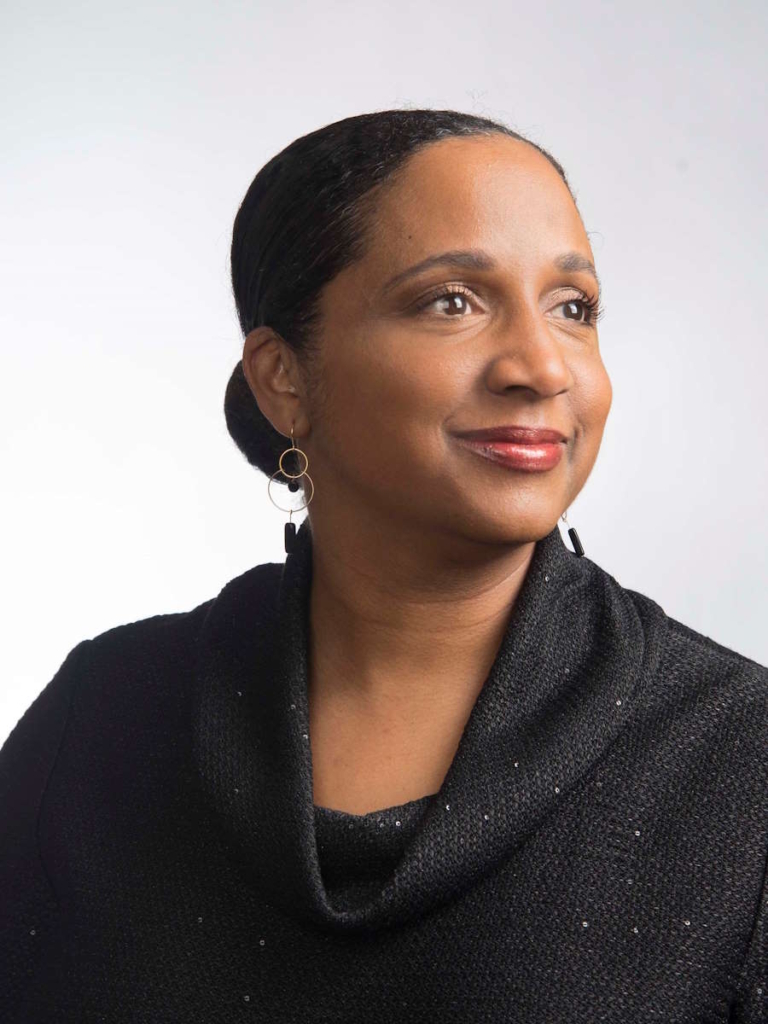
Daina Berry
Daina Ramey Berry is the Michael Douglas Dean of Humanities and Fine Arts at the University of California, Santa Barbara. She is a scholar of the enslaved and a specialist on gender and slavery and Black women’s history in the United States. is the award-winning author and editor of six books, including A Black Women’s History of the United States (co-authored with Kali Nicole Gross) about the resistance of black women to systemic racism and sexism. Professor Berry is one of the most sought-after consultants for support in museum projects and educational initiatives.
-

Inês Fialho Brandão
Coordinator of the Calouste Gulbenkian Museum’s Cultural Mediation and Digital Strategy sector. Her research focuses on the mediation of otherness in museums, concentrating on forced migratory movements and the restitution of cultural goods. She has a PhD in History from the University of Maynooth and an MA in Islamic Studies and Museology from New York University. She is a member of the Scientific Council of the Observatory on the Teaching of History in Europe (Council of Europe).
-
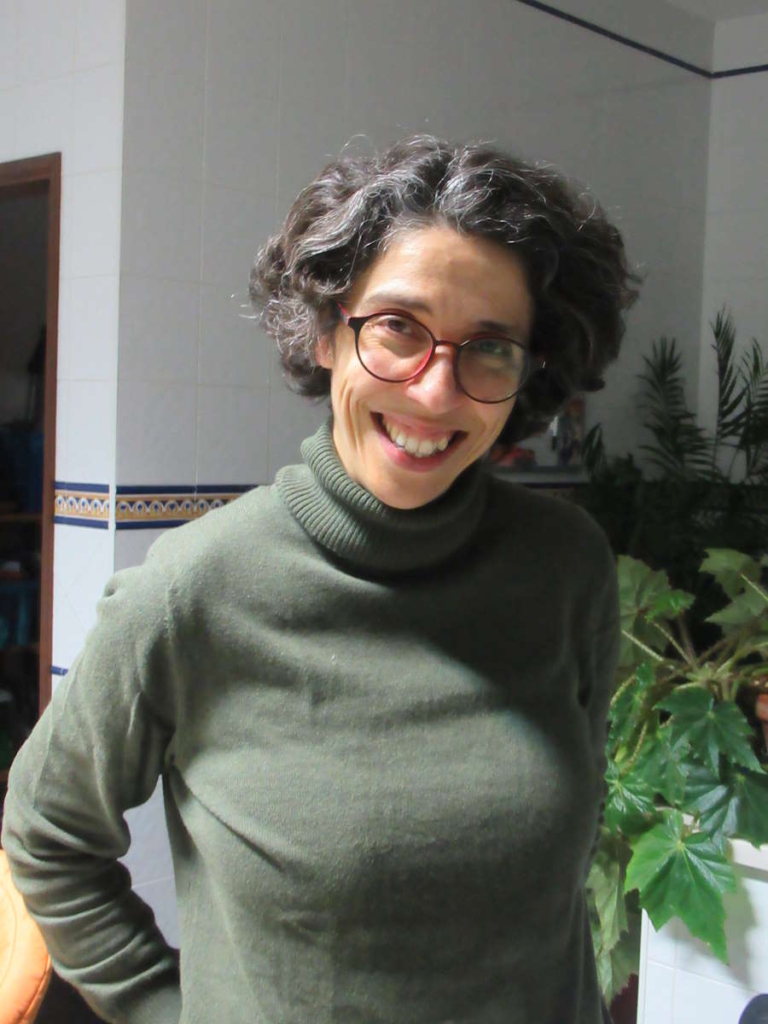
Raquel Machaqueiro
Raquel holds a PhD in cultural anthropology from George Washington University. Her research interests include transnational governance and policymaking, development and environmental policies, science and technology studies, and the transatlantic slave trade. She has developed fieldwork in Brazil and in Mozambique. Currently, she works with the Slave Wrecks Project, conducting research on the financial basis of the Portuguese slave trade. She is a lecturer in International Development, and Human Rights & Ethics and the author of The Carbon Calculation.
-
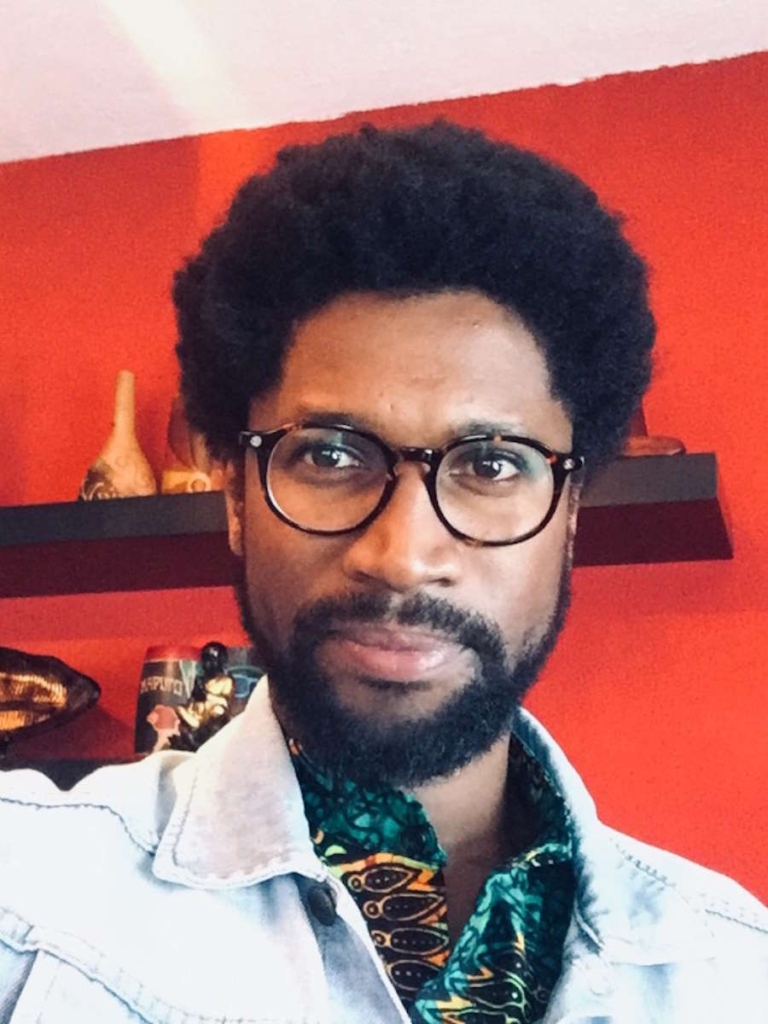
Víctor Barros
Historian, PhD in Contemporary Studies from the University of Coimbra with a thesis on commemorations, public uses of history and the memory of empire in the colonies during the Portuguese Estado Novo (1933-1974). He was awarded the Agostinho Neto International Prize for Historical Research. He is the author of the book Campos de Concentração em Cabo Verde, which received an Honourable Mention in the Vitor de Sá Contemporary History Prize in 2008. He is a researcher at the Institute of Contemporary History of the New University of Lisbon.
Programme
Life Experiences and Forms of Resistance
Talking About Slavery as an Ethical Responsibility
Support
Partners
The Calouste Gulbenkian Foundation reserves the right to collect and keep records of images, sounds and voice for the diffusion and preservation of the memory of its cultural and artistic activity. For further information, please contact us through the Information Request form.

